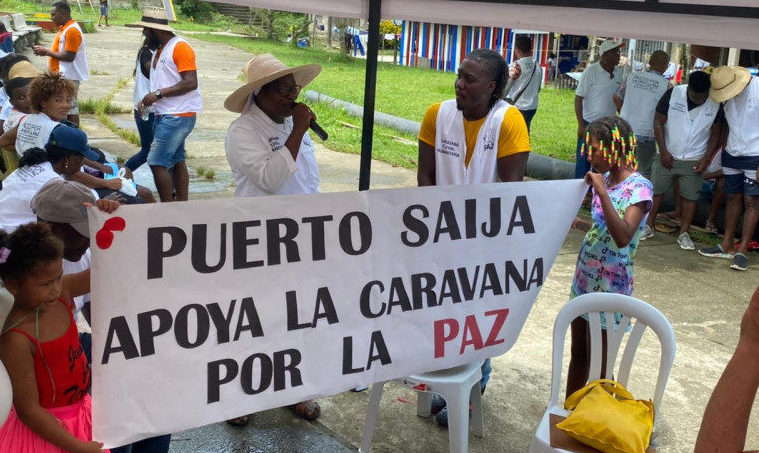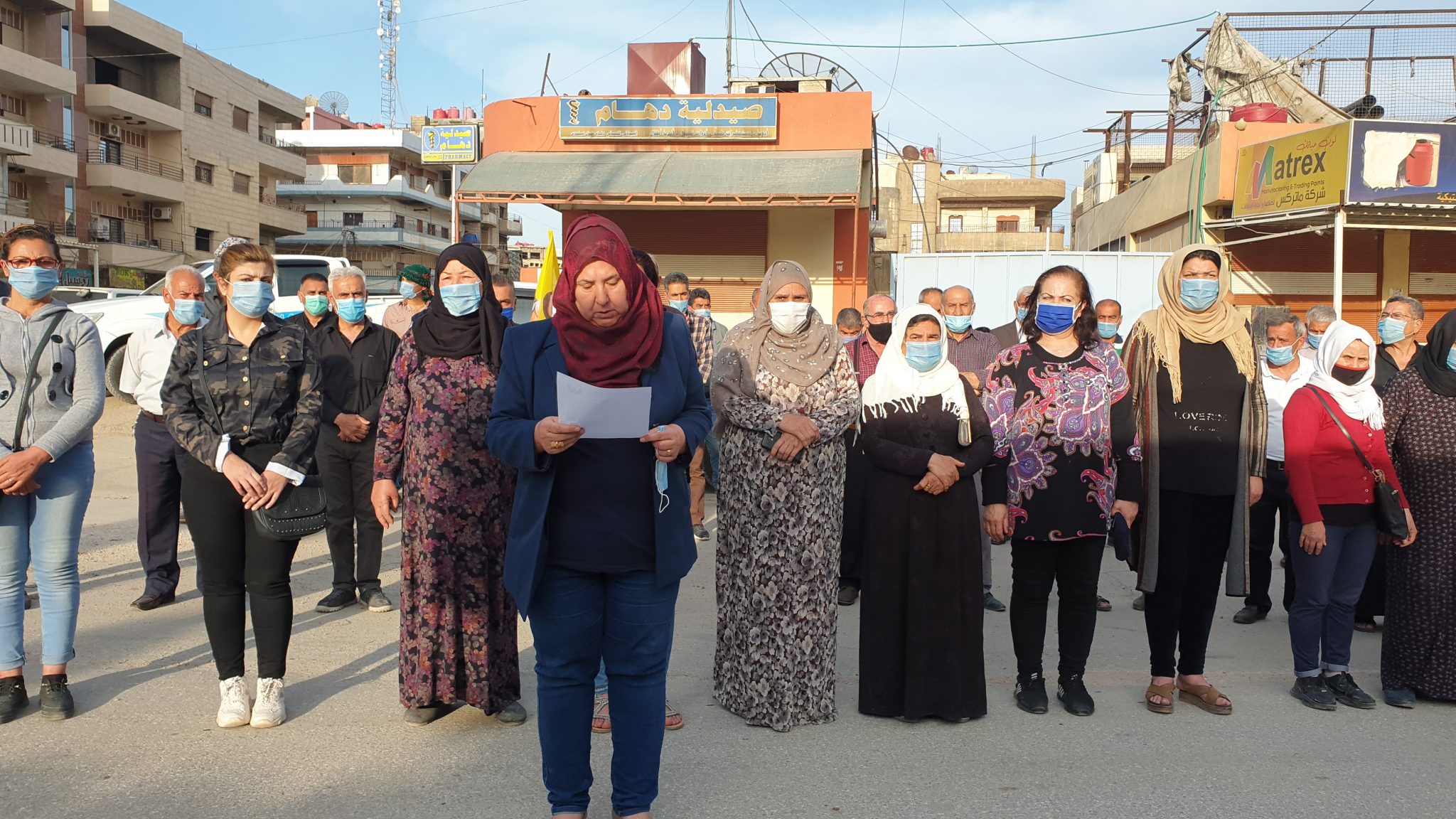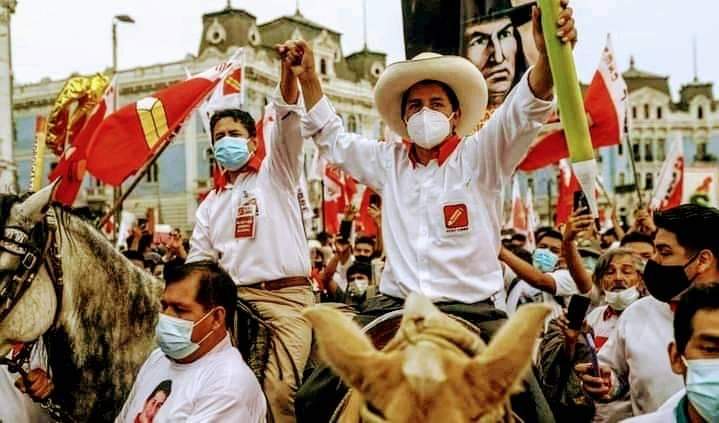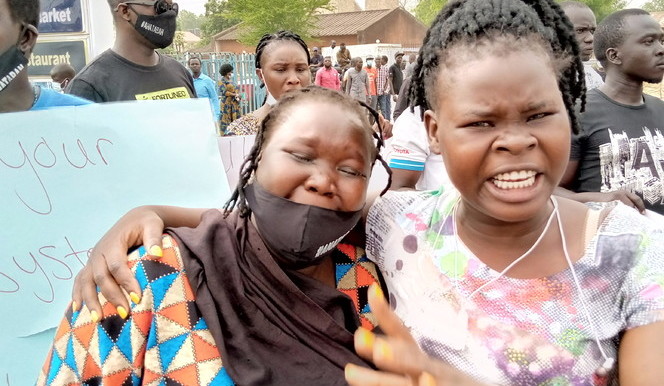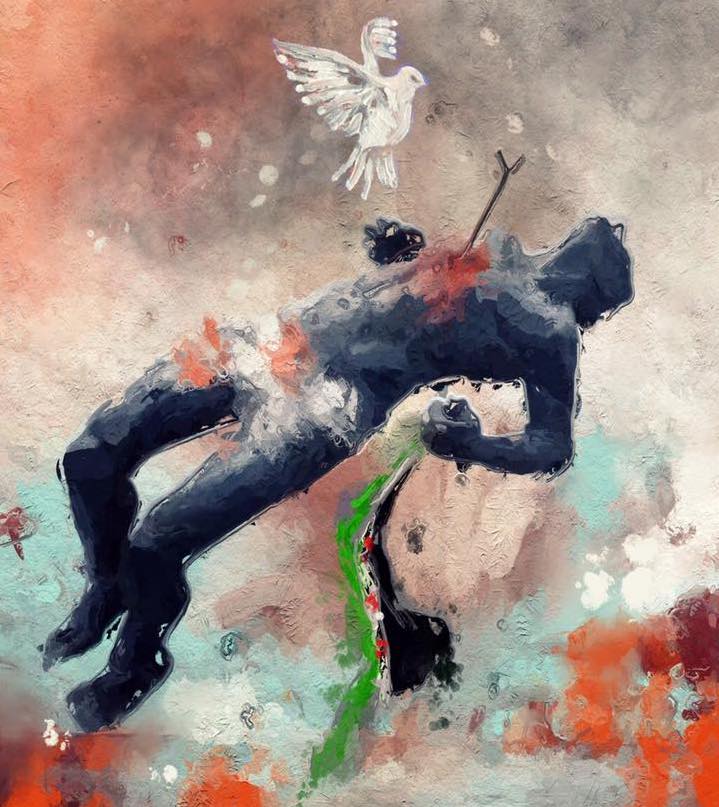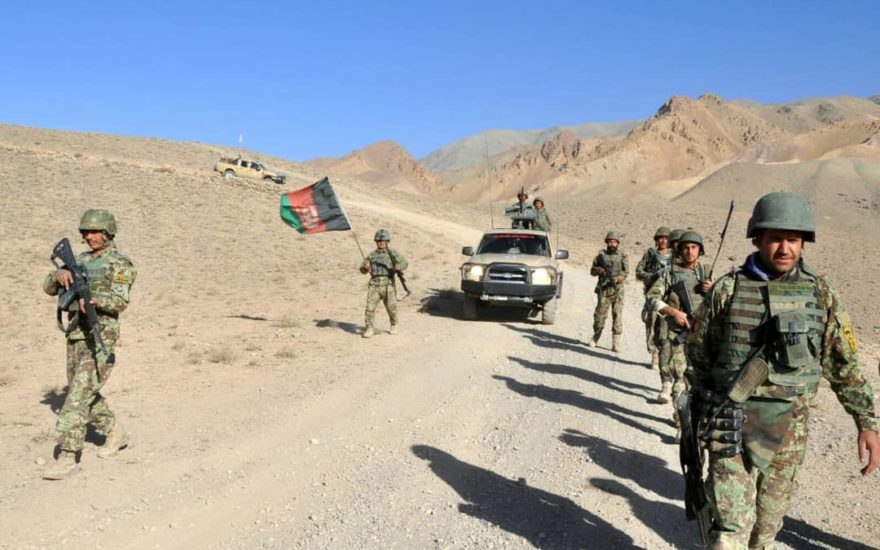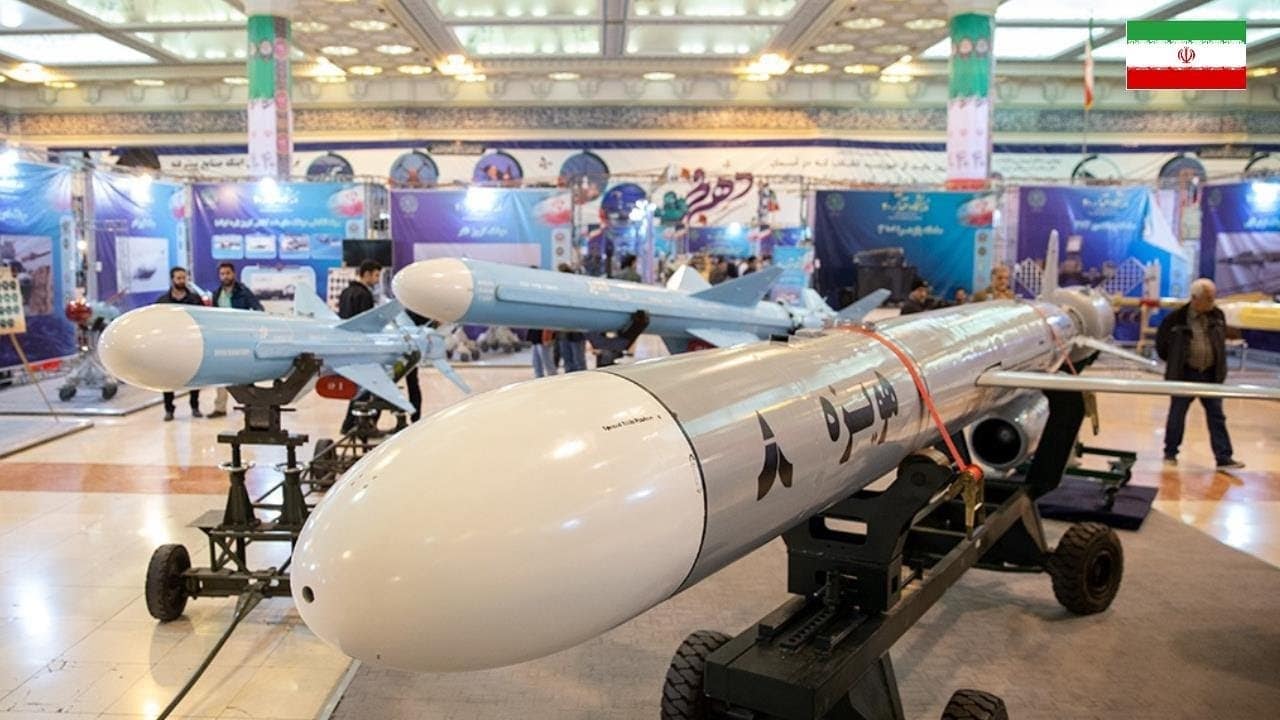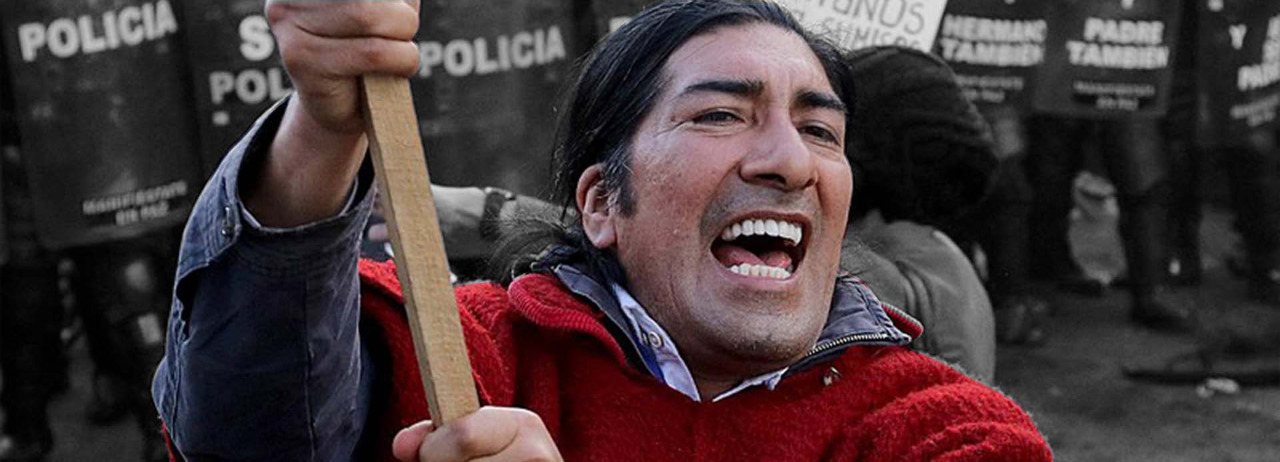
Electoral impasse exposes Jerusalem apartheid
For weeks, East Jerusalem has seen nightly protests over the impending eviction of hundreds of Palestinian families in the Sheikh Jarrah district—culminating in violent clashes with riot police at al-Aqsa Mosque. Compounding the anger is another grievance—Israel’s denial of East Jerusalem Palestinians’ right to participate in elections for the Palestinian Authority’s Legislative Council. With the overwhelming majority of East Jerusalem Palestinians denied Israeli citizenship by an array of bureaucratic artifices, this means they are effectively disenfranchised of the vote in either sovereignty. (Photo: RJA1988 via Jurist)



